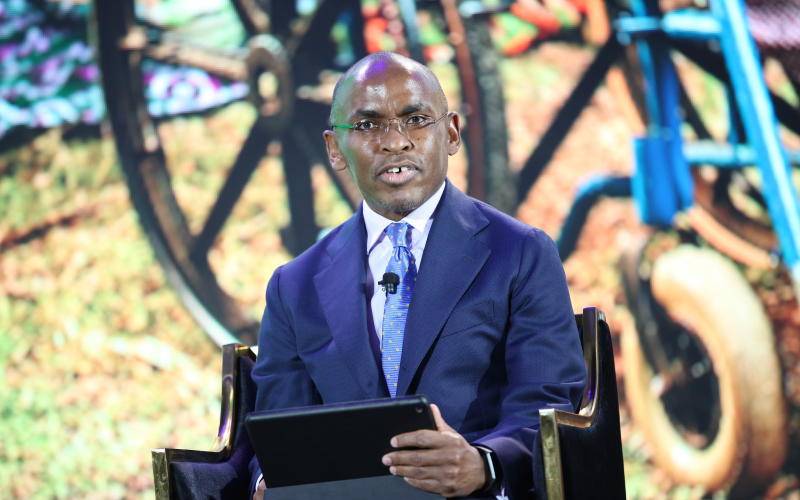×
The Standard e-Paper
Kenya’s Boldest Voice

Safaricom has for the first time reported a fall in earnings as the effects of the coronavirus pandemic eroded earnings for the giant telco.
According to the company’s half-year results for the 2020 financial year, profit after tax stood at Sh33 billion, down from Sh35 billion recorded in a similar period last year, with M-Pesa standing out as the biggest driver for the decline in earnings.